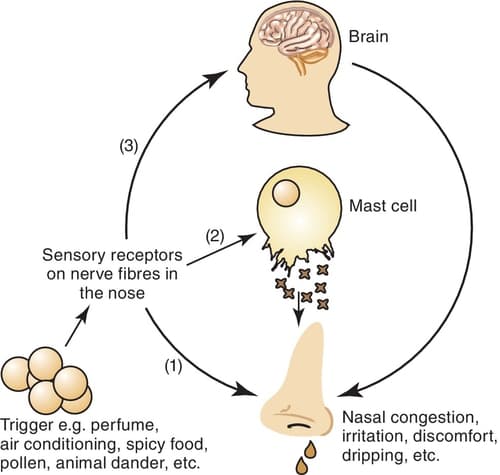
What is rhinitis How is it treated, what is the treatment process
Rhinitis is a condition that causes inflammation of the mucous membrane in the nose. It is characterized by symptoms such as sneezing, runny nose, nasal congestion, and postnasal drip. Rhinitis can be caused by various factors, such as allergies, infections, or irritants.
The treatment of rhinitis depends on the underlying cause. For example, if rhinitis is caused by allergies, the primary treatment is usually antihistamines, which help to reduce allergic symptoms. Nasal corticosteroid sprays can also be used to reduce inflammation in the nasal passages.
If rhinitis is caused by a bacterial or viral infection, the treatment may involve antibiotics or antiviral medication, respectively. Nasal saline irrigation or sprays can also be helpful in relieving congestion and other symptoms.
For non-allergic rhinitis, various medications can be used to reduce symptoms. Decongestants can help to reduce nasal congestion, while anticholinergics can help to reduce nasal secretions. Nasal corticosteroid sprays can also be used to reduce inflammation in the nasal passages.
In addition to medication, there are also non-pharmacological treatments for rhinitis. For example, avoiding known allergens or irritants can help to reduce symptoms. Nasal irrigation with saline solution or using a humidifier can also be helpful in reducing congestion and improving breathing.
The treatment process for rhinitis will depend on the underlying cause and the severity of the symptoms. It may involve a combination of medication and non-pharmacological treatments. It is important to work with a healthcare provider to determine the most effective treatment plan for each individual case of rhinitis.







